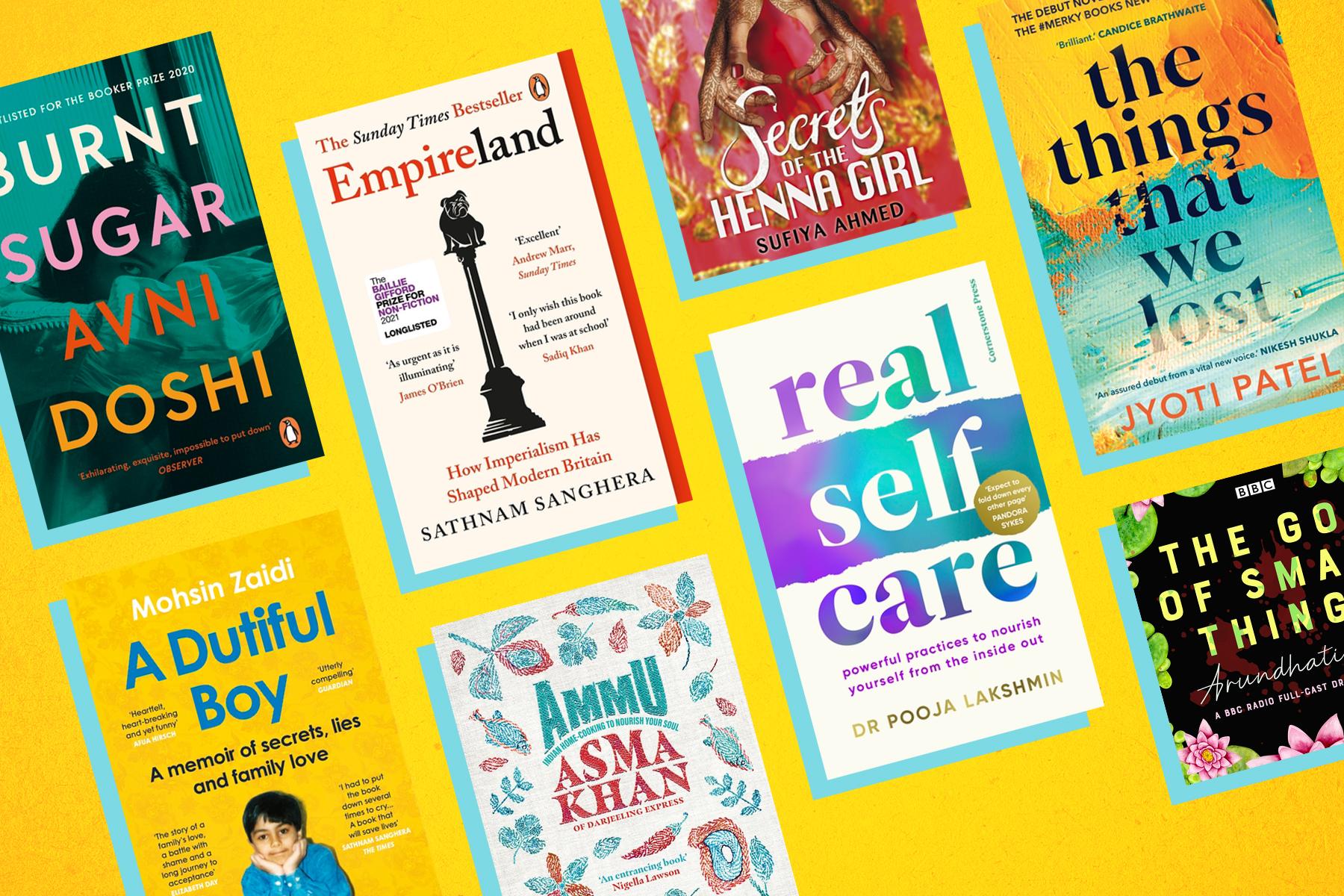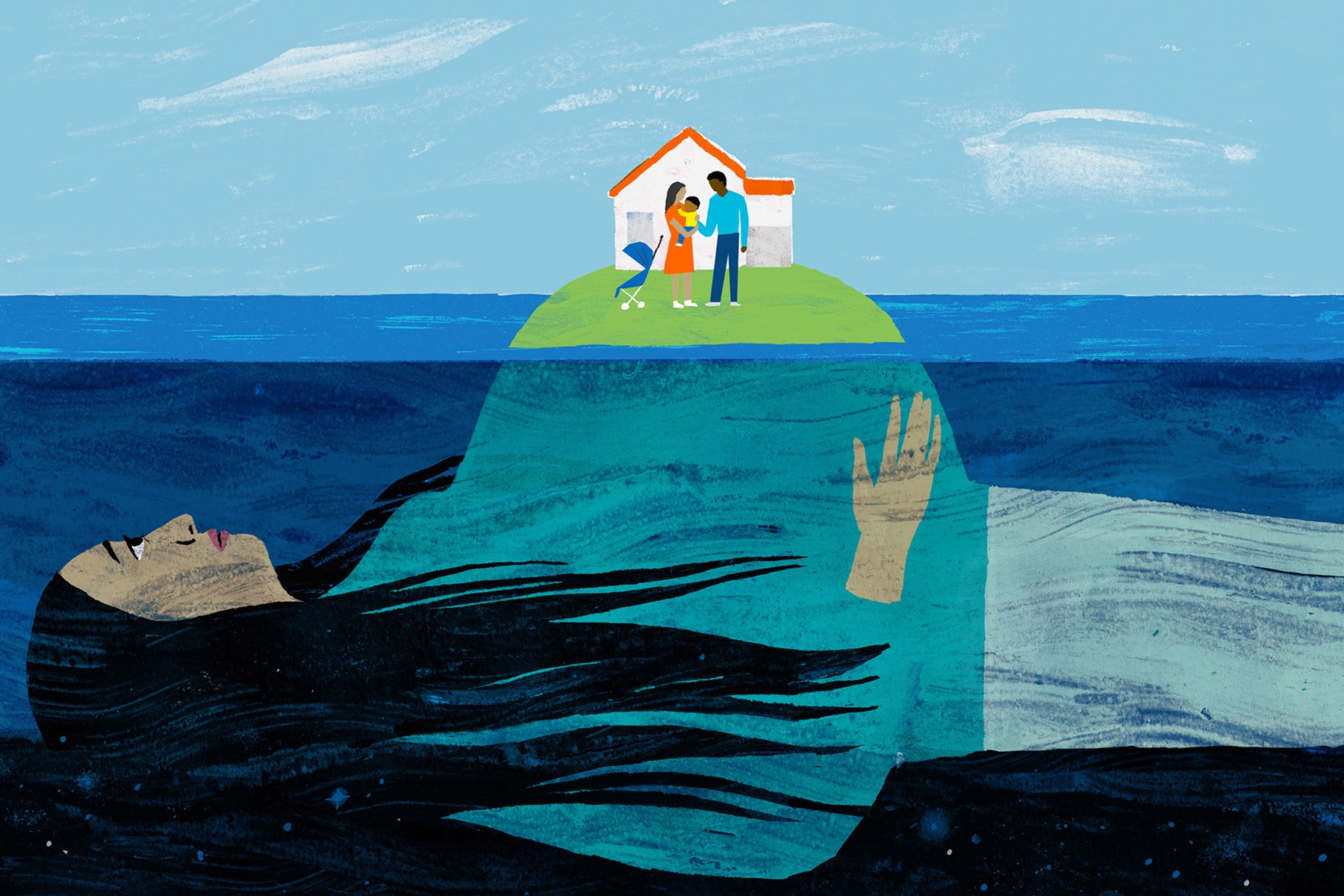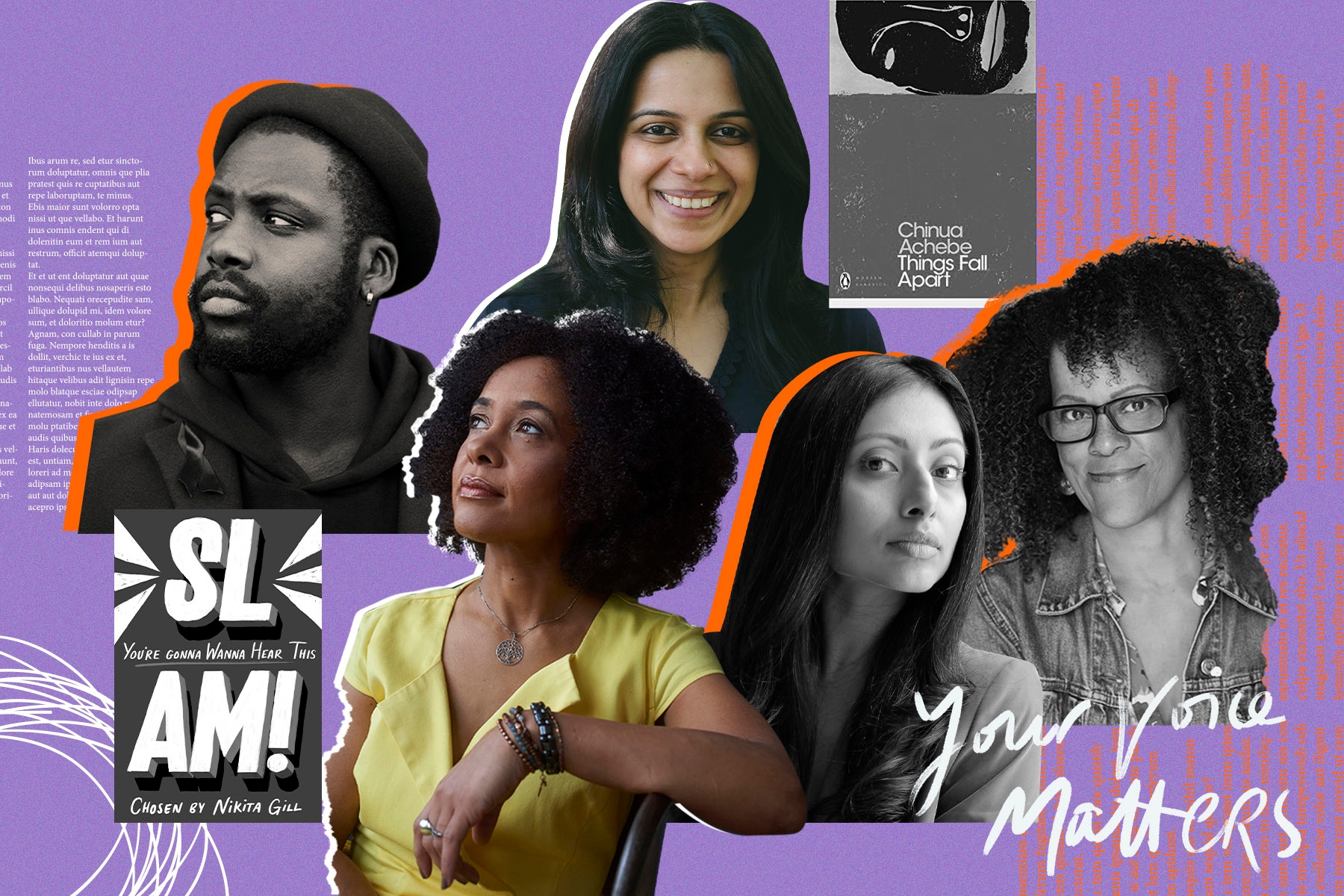Avni Doshi
Praise for Burnt Sugar
An unsettling, sinewy debut, startling in its venom and disarming in its humour from the very first sentence
Elle Hunt, Guardian
Extraordinary. Exquisitely written, painfully exhilarating, impossible to put down... An elegant family story that sizzles with hatred... Come for the effortlessly stylish writing, stay for the boiling wrath
Observer
Arresting and fiercely intelligent, disarmingly witty and frank... Horror stories from the past seep into the present, as Doshi builds her portrait of a fractured mother-daughter relationship
Sunday Times
An unsettling, sinewy debut, startling in its venom and disarming in its humour from the very first sentence
Elle Hunt, Guardian
Extraordinary. Exquisitely written, painfully exhilarating, impossible to put down... An elegant family story that sizzles with hatred... Come for the effortlessly stylish writing, stay for the boiling wrath
Observer
Arresting and fiercely intelligent, disarmingly witty and frank... Horror stories from the past seep into the present, as Doshi builds her portrait of a fractured mother-daughter relationship
Sunday Times
An unsettling, sinewy debut, startling in its venom and disarming in its humour from the very first sentence
Elle Hunt, Guardian
Extraordinary. Exquisitely written, painfully exhilarating, impossible to put down... An elegant family story that sizzles with hatred... Come for the effortlessly stylish writing, stay for the boiling wrath
Observer
Arresting and fiercely intelligent, disarmingly witty and frank... Horror stories from the past seep into the present, as Doshi builds her portrait of a fractured mother-daughter relationship
Sunday Times




